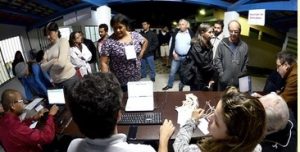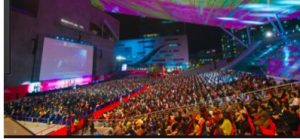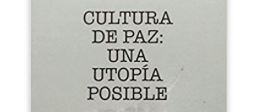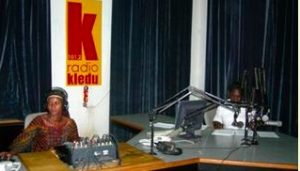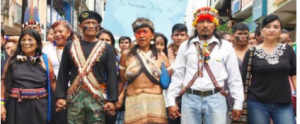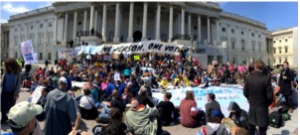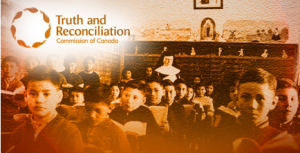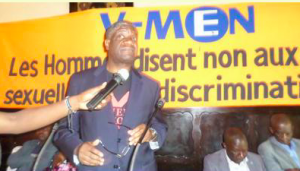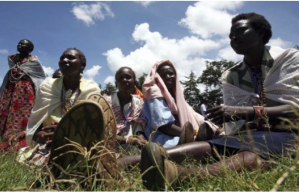As described in the book by Dietrich Fischer listed in the right column, Johan Galtung is indeed the most perceptive peace researcher of our time.
Not only did he predict the fall of the Soviet Union quite precisely, but he has also predicted the fall of the American empire. Here are excerpts from his 2004 article, On the Coming Decline and Fall of the US Empire.
The prediction of the decline and fall of the US Empire is based on the synergy of 14 contradictions, and the time span for the contradictions to work their way through decline to fall was estimated at 25 years in the year 2000. There are more contradictions because the US Empire is more complex, and the time span is longer also because it is more sophisticated. After the first months of President George W. Bush (selected) the time span was reduced to 20 years because of the way in which he sharpened so many of the contradictions posited the year before, and because his extreme singlemindedness made him blind to the negative, complex synergies. . . .
(Editor’s note: As of 2018, Professor Galtung holds to his prediction that the American Empire cannot be maintained beyond 2020: “Trump contributes by making USA an impossible leader to follow. As long as he is in command–and nobody knows how long that will last, before he is removed by impeachment, Amendment 25, or the old US tradition of killing inconvenient presidents–rebuilding the US empire is difficult. . . . In short, I stand by my prediction that by Year 2020 the US empire is gone.”)
Here is the list of 14 contradictions posited in 2000:
I. Economic Contradictions(US led system WB/IMF/WTO NYSE Pentagon)
1. between growth and distribution: overproduction relative to demand, 1.4 billion below $ 1/day, 100.000 die/day, 1/4 of hunger
2. between productive and finance economy (currency, stocks,bonds) overvalued, hence crashes, unemployment, contract work
3. between production/distribution/consumption and nature: ecocrisis, depletion/pollution, global warming
II. Military Contradictions (US led system NATO/TIAP/USA-Japan)
4. between US state terrorism and terrorism: Blowback
5. between US and allies (except UK, D, Japan), saying enough
6. between US hegemony in Eurasia and the Russia India China triangle, with 40% of humanity
7. between US led NATO and EU army: The Tindemans follow-up
III. Political Contradictions (US exceptionalism under God)
8. between USA and the UN: The UN hitting back
9. between USA and the EU: vying for Orthodox/Muslim support
IV. Cultural Contradictions (US triumphant plebeian culture)
10. between US Judeo-Christianity and Islam (25% of humanity; UNSC nucleus has four Christian and none of the 56 Muslim countries).
11. between US and the oldest civilizations (Chinese, Indian, Mesopotamian, Aztec/Inca/Maya)
12. between US and European elite culture: France, Germany, etc.
V. Social Contradictions (US led world elites vs the rest: World Economic Forum, Davos vs World Social Forum, Porto Alegre)
13. between state corporate elites and working classes of unemployed and contract workers. The middle classes?
14. between older generation and youth: Seattle, Washington, Praha, Genova and ever younger youth. The middle generation?
15. To this could be added: between myth and reality.
